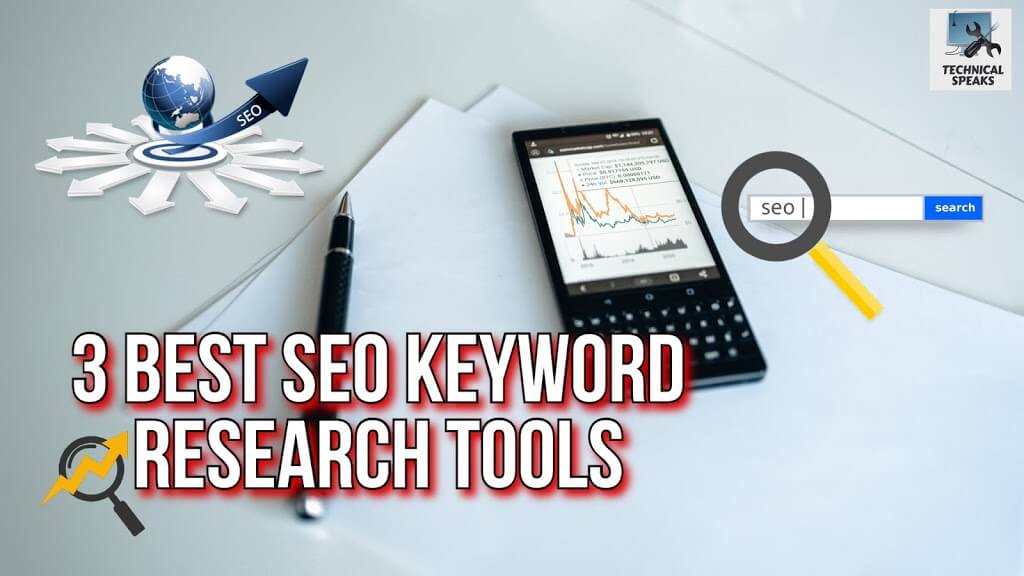In the quickly growing e-commerce industry, millions of businesses are competing for sales and attention on the internet. But how do you make your store stand out from all the others? The answer is search engine optimization (SEO) for online stores.
SEO for e-commerce sites helps your online store show up higher in search results, get the right kind of traffic, and turn visitors into paying customers. When you run out of money, paid ads stop working, but SEO keeps working for a long time.
From the basics to helpful tips that really work, this beginner’s guide will teach you everything you need to know about SEO for your online store.
What is SEO for stores on the internet?
Shopping online Search engine optimization (SEO) is the process of making your online store’s website, products, and content better so that they show up higher in search engine results pages (SERPs). The goal is to get free visitors who are interested in what you sell.
For instance:
SEO can help your store show up in search results for terms like “best running shoes under $100” or “lightweight running shoes for men” if you sell running shoes.
SEO brings customers straight to your store instead of making them chase you with ads.
Why SEO Is Important for Online Stores
- More Sales = More Visibility: The more people who visit your site, the more sales you’ll make. Research shows that 71% of clicks go to the first page of Google.
- Low-cost marketing: You don’t have to pay for each click on organic traffic.
- Trust and Credibility: People trust businesses that show up in search results without having to do anything.
- Beats the Competition: A site that is well-optimized can even do better than bigger brands in niche searches.
Important Parts of SEO for Online Stores
You need to improve your store on many levels to do well with e-commerce SEO:
1. Searching for e-commerce keywords
The most important part of SEO is finding the right keywords. You need to go after what your customers want.
- “Wireless Bluetooth headphones” and other words that describe the product
- Words that describe groups, such as “best noise-canceling headphones”
- “Cheap Bluetooth headphones for working out at the gym” is an example of a long-tail keyword.
Some tools that can help you find keywords that get a lot of searches but don’t have a lot of competition are Google Keyword Planner, Ahrefs, SEMrush, and Ubersuggest.
2. SEO for the Page’s Product Pages
The pages that show off your products are the most important part of your store. When you optimize them, you tell both search engines and customers what you have to offer.
- Product Titles: Use your target keywords in a way that sounds natural.
- Meta Descriptions: To get more people to click on your links, write interesting descriptions that are full of keywords.
- Don’t use language that is too vague in product descriptions. Be sure to write unique, detailed descriptions that include both the good and bad points.
- Images: Use clear pictures and alt text that explains what they are.
- Make the URL structure easy to understand, like www.store.com/running-shoes/men-lightweight.
3. Technical SEO for online stores
Technical SEO makes sure that search engines can easily crawl your site and that it is safe and fast.
- More than 60% of people who shop online do so on their phones, so make sure your site works on mobile.
- To speed up the loading of your pages, use tools like Google PageSpeed Insights.
- Secure Website (HTTPS): This is important for gaining customers’ trust.
- XML Sitemap and Robots.txt make it easy for search engines to quickly crawl and index your site.
- Structured Data (Schema Markup): Displays prices, star ratings, and stock levels in search results.
4. Content marketing for online stores
People who are doing research and ready to buy come to your site through content marketing.
Here are some ideas for content:
- How to buy things, like “How to Pick the Best Gaming Laptop”
- “Top 10 Summer Outfit Trends” and other posts on the blog
- Articles that compare different products
- Pages with answers to questions that customers ask a lot
If you do it right, content marketing can help your search engine optimization (SEO) and make you an expert in your field.
5. Creating Links for Online Stores
Search engines see backlinks, or links from other websites, as a sign that your store is trustworthy.
How to get links back:
- Work with bloggers and other people who have a lot of followers to get reviews of your products.
- Write guest posts for sites that are related to your niche.
- List your business in the right directories.
- Make guides or infographics that people will want to share.
6. Improving the user experience (UX) and conversions
SEO brings people to your site, but UX makes them buy. When search engines rank a page, they also look at how well it works for users.
- Use clear categories and filters to help you find your way around.
- To gain trust, add reviews and ratings for items.
- Use simple phrases like “Add to Cart” or “Buy Now.”
- Give people different options for paying and shipping.
Better SEO means more sales and fewer people leaving your site.
7. Local SEO for online stores
Local SEO is very important for stores that have real locations.
- Make your Google Business Profile better.
- Get your customers’ opinions.
- For example, “organic grocery store in New York” is a good keyword to use.
A Beginner’s Guide to E-Commerce SEO
Let’s make a plan for everything that is easy to follow:
Step 1: Check out your site
Use tools like Google Search Console and SEMrush to see how your current rankings, page speed, mobile-friendliness, and indexing status are doing.
Step 2: Find out what words people are using
Find the best keywords for your products, content, and groups.
Step 3: Improve the pages for your goods
For SEO, change the names, descriptions, URLs, and pictures of your products.
Step 4: Make your site’s layout better
Make sure the categories make sense, like Home → Clothing → Men → Jackets.
Step 5: Do content marketing
To get people interested and teach them, start a blog, write guides, and share useful information.
Step 6: Make Links Back
Reach out to people, post as a guest, and work with influencers to let them know about your store.
Step 7: Keep an eye on things and make them better
Check on how well your site is doing with tools like Ahrefs and Google Analytics, and change your SEO plan often.
What Not to Do When Doing SEO for E-Commerce
- It hurts SEO to copy the manufacturer’s text because it makes the product descriptions the same.
- Not making your website work on mobile: Customers leave if they have a bad experience on their phones.
- Slow Loading Speed: You lose 7% of your conversions for every second of delay.
- No structured data: Your products are harder to find without rich snippets.
- Not Getting Reviews: Reviews are good for your SEO and make people trust you more.
Last Thoughts
Buying things online At first, SEO may seem hard, but it’s one of the best ways to market your business online. Making your store easier for search engines to find can help you get more qualified visitors, build trust with customers, and increase sales without spending money on ads.
In short, pay attention to:
- The best way to look up keywords.
- Improving the pages for products and categories.
- Fixing problems with technical SEO.
- Creating links and advertising content.
- Making more sales and making the user experience better.
Keep in mind that SEO is a long-term investment that will pay off. It won’t happen right away, but if you keep working hard, your online store can grow and be seen in search results for a long time.








